from 0 review
21 Days /20 Nights
English, Urdu
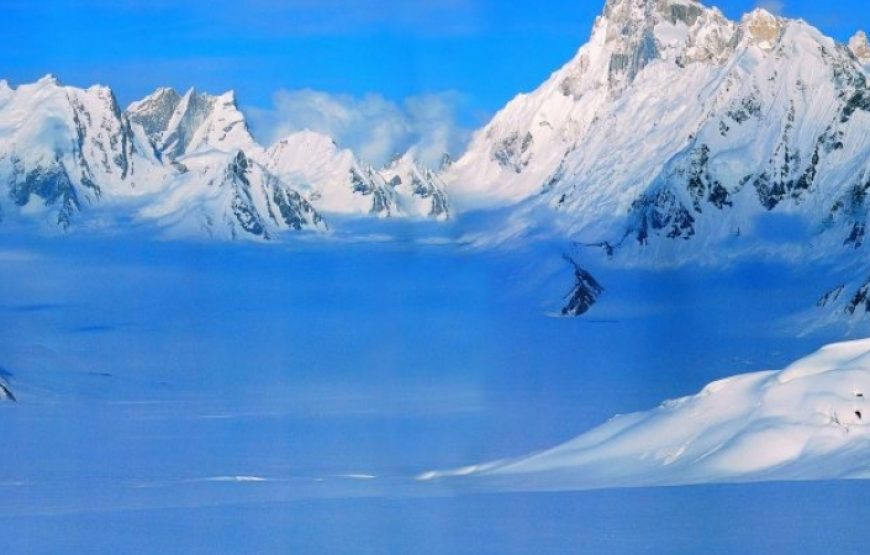
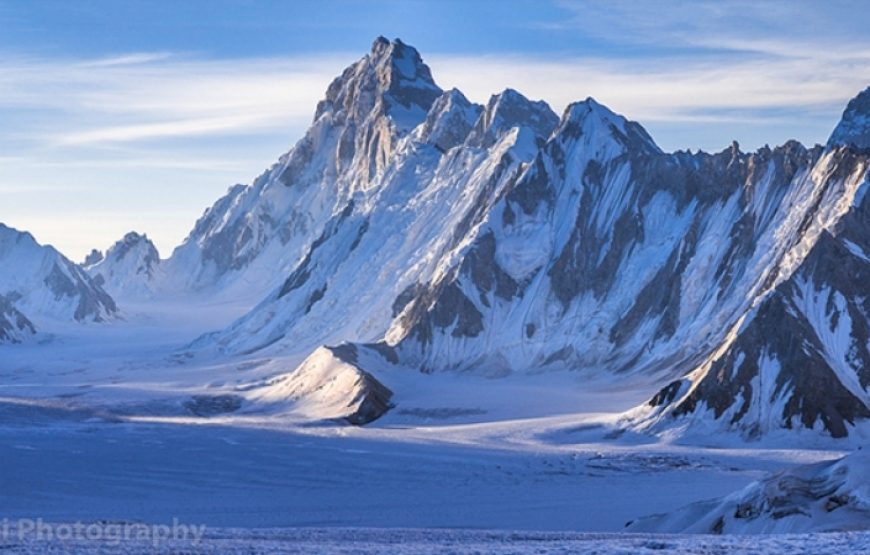
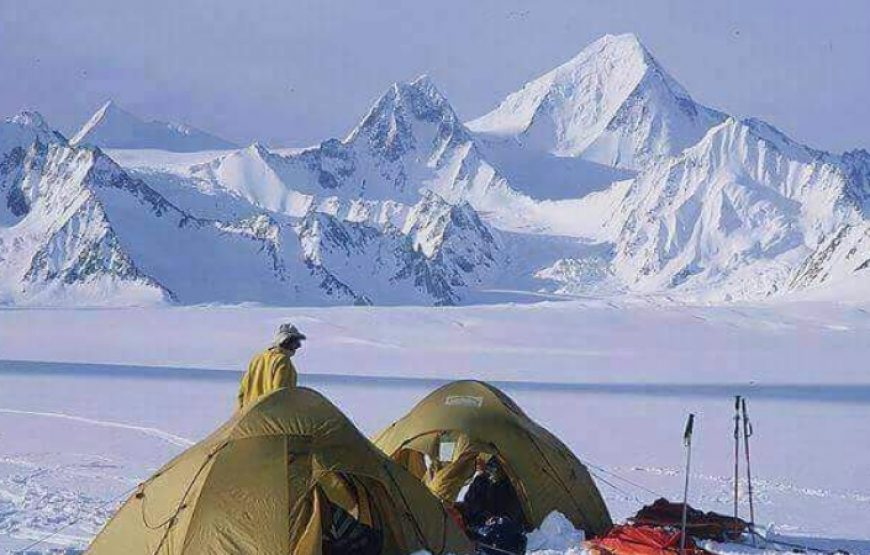
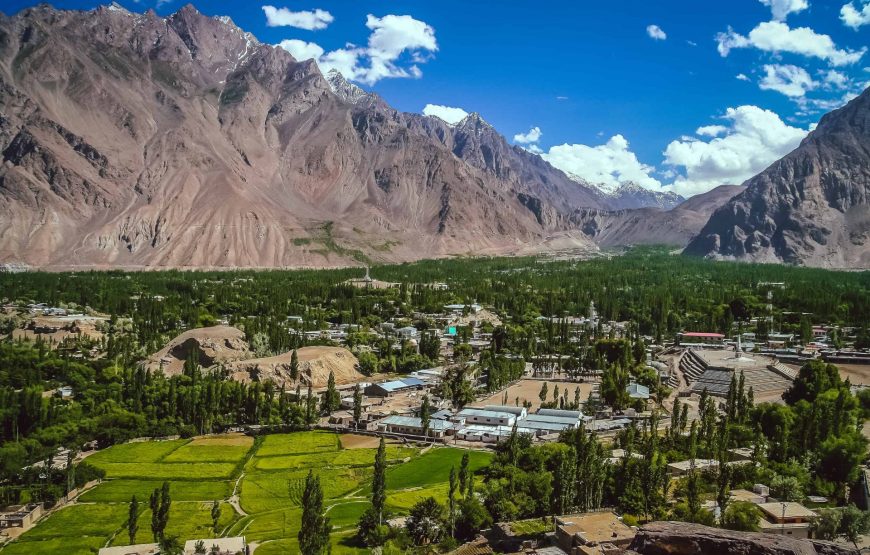
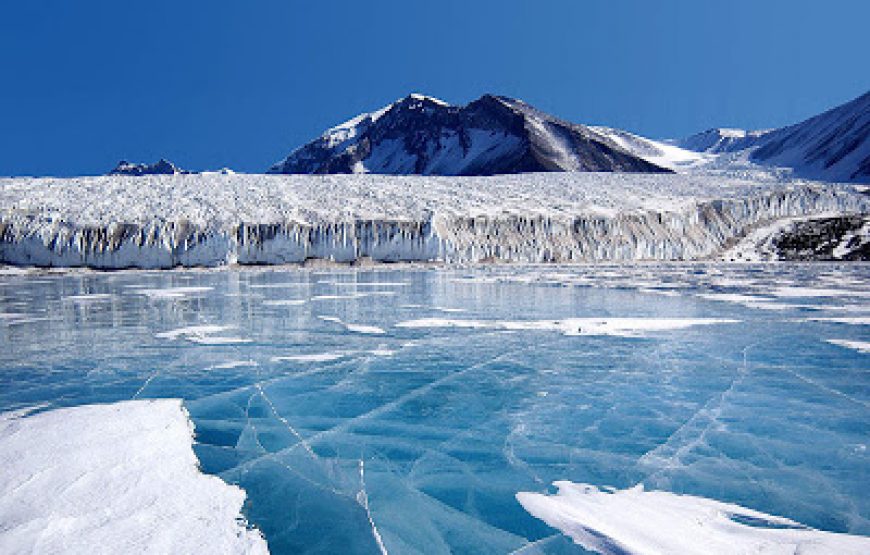
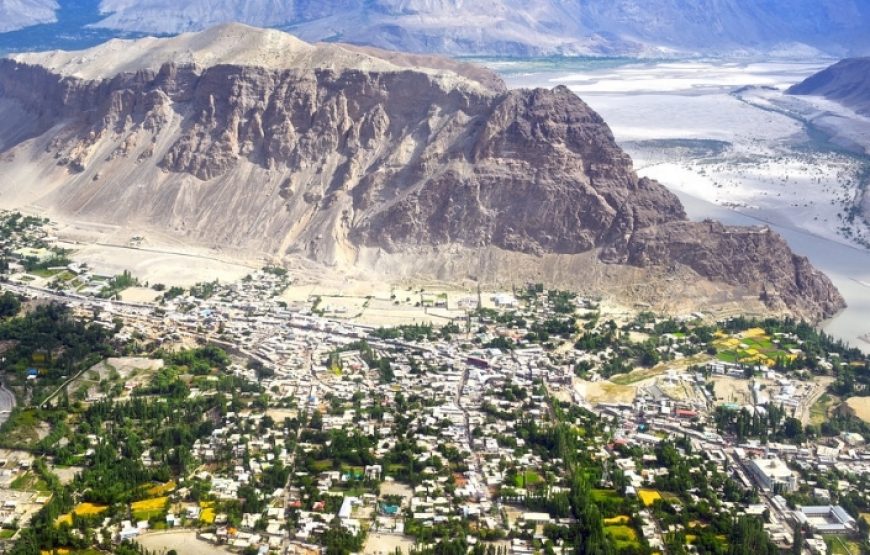
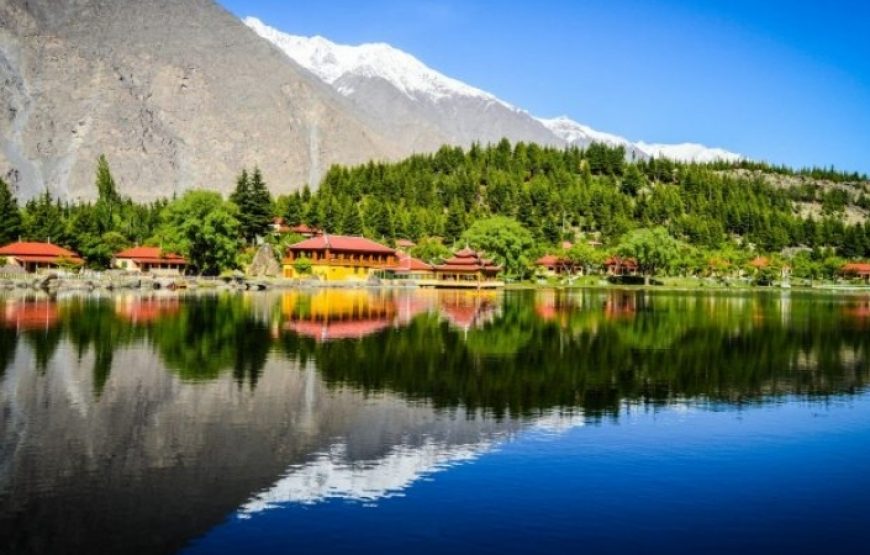
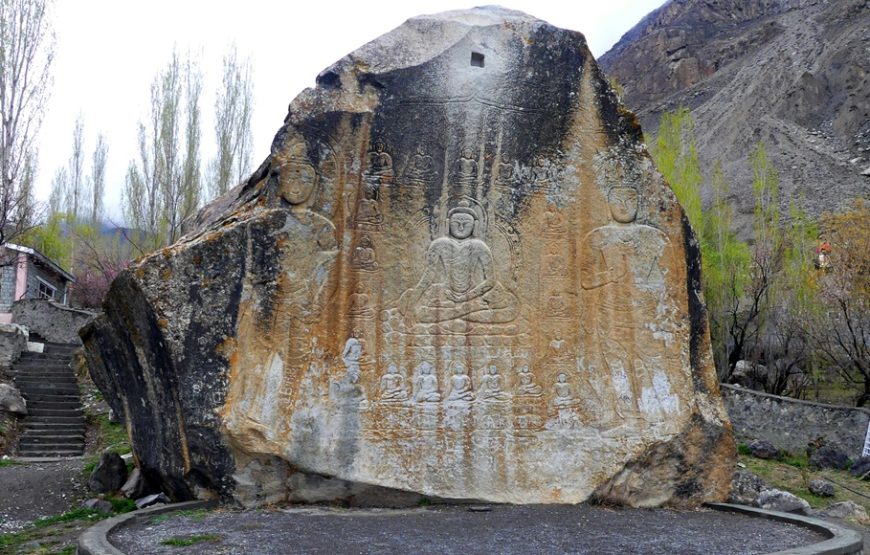
For the bold-hearted adventurer, few experiences on Earth rival the Biafo-Hispar Snow Lake Trek in northern mountainous region called Gilgit-Baltistan, Pakistan—a journey across the world’s longest continuous glacial traverse outside the polar regions. Connecting the ancient mountain kingdoms of Baltistan and Hunza-Nager, this epic route threads through stark ice fields, towering granite walls, and high-altitude pastures steeped in cultural and natural significance.
The trek begins either from Askoli in Baltistan or Hispar valley in Nager district, covering the massive Biafo Glacier (63 km) and Hispar Glacier (49 km). At the heart of this icy route lies Snow Lake, a 77-square-kilometer basin of snow and ice, believed to be over 1.5 kilometers deep in places. Guarded by majestic peaks like Kanjut Sar (7,760 m) and Dastaghil Sar (7,885 m), the lake and its surroundings present an overwhelming sense of isolation and grandeur.
The challenging crossing of Hispar Pass at 5,128 meters serves as the dramatic high point of this trek—literally and figuratively—offering a breathtaking view of the Karakoram’s untamed wilderness. The route winds through pristine campsites, creaking glaciers, and wildlife habitats home to ibex, brown bears, and snow leopards. It also carries stories of ancient trade, cultural exchange, and even whispered legends of the Yeti, as once recorded by explorer Eric Shipton and others.
More than an adventure, the Biafo-Hispar Snow Lake Trek is a pilgrimage through time and ice—where geologic wonder meets deep-rooted history. It’s a testament to the enduring spirit of the Karakoram and a bridge between two distinct ethnic cultures, Baltis and Burusho, still echoing their past ties.
If you’re ready to challenge your limits and walk a trail carved by glaciers and legends—this is your moment. Trek the Biafo-Hispar, touch the edge of the Earth. Let’s create a legacy that lasts a lifetime.
Upon arrival at Islamabad International Airport, you will be met by our representative and transferred to your hotel. In the morning, attend a mandatory briefing at the Ministry of Tourism to finalize permits and meet your guides. In the afternoon, enjoy a short sightseeing tour of Islamabad: visit Faisal Mosque, Pakistan Monument, and Daman-e-Koh for panoramic views of the capital. Overnight at hotel.
Today we begin our northward journey, driving on the legendary Karakoram Highway or via the scenic Babusar Pass (4,173m) depending on weather and road conditions. The route offers breathtaking views of lush valleys, high mountains, and alpine meadows. Arrive in Chilas by evening. Overnight at hotel.
Drive along the Indus River and turn onto the Jaglot-Skardu Road, a dramatic route that winds between vertical cliffs and roaring rivers. Stop at the Junction Point of the world’s three highest mountain ranges—Karakoram, Himalayas, and Hindu Kush—and at the Nanga Parbat Viewpoint. Reach Skardu by late evening. Overnight at hotel.
Spend the day acclimatizing to the altitude (2,228m). Optional sightseeing includes a visit to Kharpocho Fort, Upper Kachura Lake, and the vibrant Skardu Bazaar. Preparation for the trek begins. Overnight stay at hotel.
Depart early for a bumpy jeep ride through the Braldu Gorge to Askoli, the last inhabited village before the wilderness of Biafo Glacier. The journey winds past Shigar Valley’s lush fields and barren cliffs. Overnight in tents at Askoli (3,000m).
Begin your trek on a trail that slowly ascends along the Biafo Glacier. The trail crosses moraines, scree slopes, and glacial streams before reaching Namla, the first campsite. Overnight in tents.
Trek further along the glacier, navigating boulder-strewn terrain. Mango is a peaceful site surrounded by ice formations and rock towers. Overnight in tents.
A more strenuous day on the glacier. Biantha offers a rare oasis of alpine grass and a water source. Enjoy views of the Latok Peaks towering nearby. Overnight in tents.
Continue the trek towards the heart of the Karakoram. The glacier widens, and crevasses become more common. Camp at Marfogoro, surrounded by giant peaks. Overnight in tents.
Reach the famed Snow Lake (Lukpe Lawo) – a high-altitude glacial basin at 4,877 meters. Stretching over 16 km, it's one of the world’s largest snowfields and source of the Biafo and Hispar Glaciers. This surreal wilderness is surrounded by 6,000-meter peaks. Overnight in tents.
An early morning departure for the most demanding day—crossing the Hispar La, the high pass linking Baltistan with Nagar Valley in Hunza. Expect panoramic views over the Hispar Glacier, Snow Lake, and towering peaks. Descend to Khani Basa on the Hispar side. Overnight in tents.
Begin the descent down the Hispar Glacier, passing snowfields and rock outcrops. Camp at Yutmur, a high-altitude campsite above the glacial river. Overnight in tents.
Trek through an increasingly green landscape with meadows and wildflowers. The path demands caution, but views of Pumari Chhish Peak (7,492m) are stunning. Overnight in tents.
Today’s walk leads through glacial moraines and grassy platforms. Camp at Bitan Mal, one of the most beautiful campsites on the trek. Overnight in tents.
Final trekking day! Reach Hisper Village, a remote but welcoming community and the first human settlement since Askoli. Celebrate the completion of this epic glacier crossing. Overnight in tents.
Drive along the scenic Nagar River to Karimabad, Hunza’s cultural heart. Enjoy the first signs of civilization and paved roads. Check in to hotel and relax. Overnight stay.
Enjoy a well-earned rest day. Explore Baltit Fort, Altit Fort, and the Duikar Viewpoint for sweeping views of Rakaposhi and Ultar. Optional visit to local cafés and souvenir shops. Overnight stay at hotel.
Depart for Naran via the lush valleys of Gilgit-Baltistan and cross Babusar Pass again. Enjoy views of Lulusar Lake and alpine meadows. Overnight in Naran (in tents or hotel, based on availability).
Drive back to Islamabad along the scenic Kaghan Valley. Arrive by afternoon and enjoy a short walk around Saidpur Village or Rawal Lake. Overnight at hotel.
Spend your last full day exploring Islamabad or take a short drive to Taxila, a UNESCO World Heritage site of ancient Buddhist monasteries and museums. Final evening at leisure for shopping or dinner in Islamabad. Overnight stay.
Early morning transfer to Islamabad International Airport for your homebound flight. End of services.
Thoughtful thoughts to your inbox